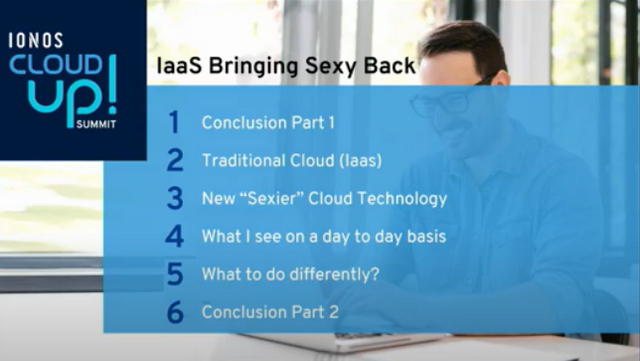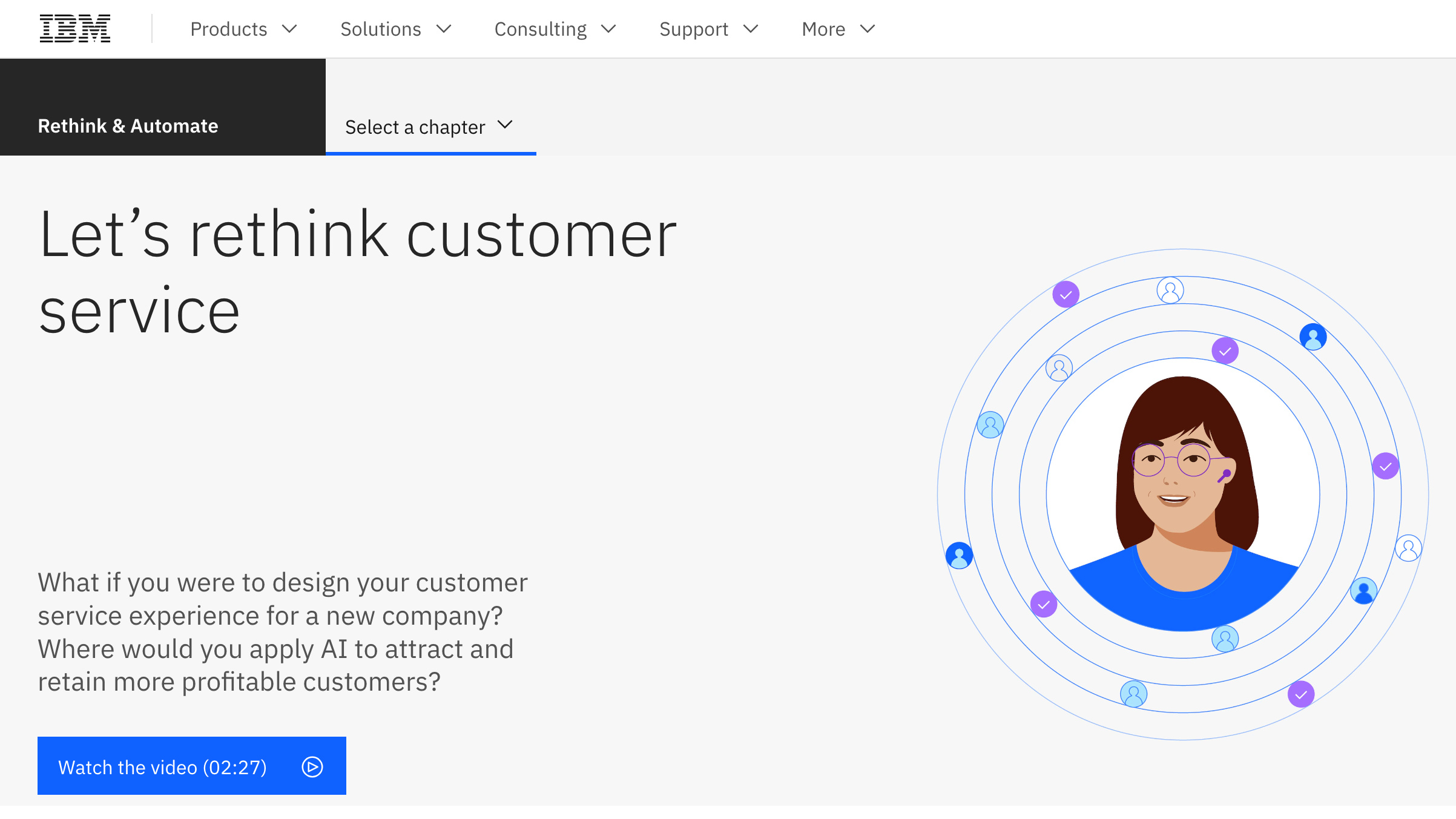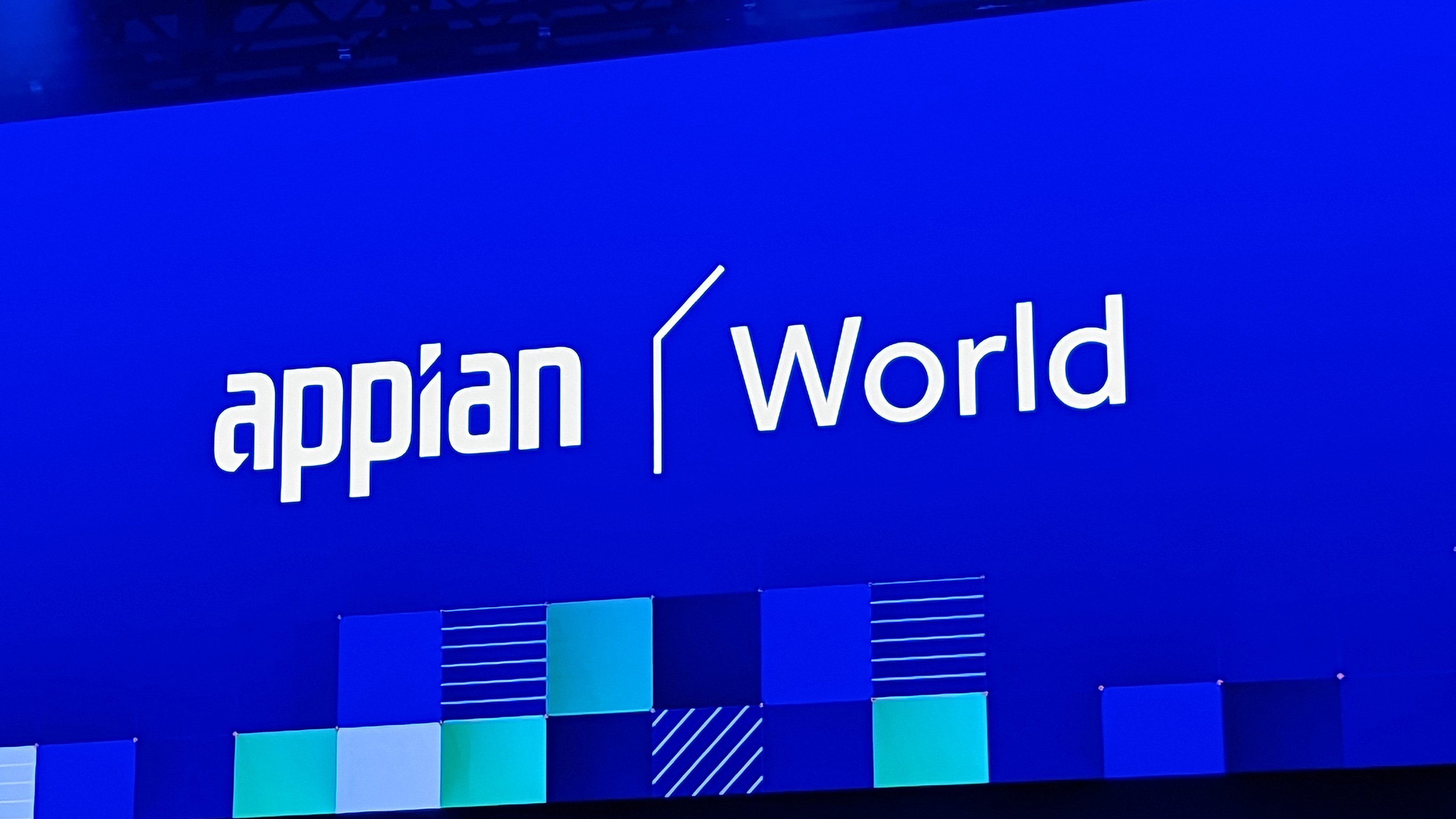'Changing name to Meat': Industry reacts to Facebook's Meta rebrand
The rebrand attempts to provide a clearer distinction between Facebook and its umbrella company


Mark Zuckerberg announced on Thursday that the Facebook Company will now be known as 'Meta', with its focus now directed towards bringing the CEO's metaverse vision to life.
The parent company of Facebook, which also covers brands like WhatsApp, Instagram, and Oculus, was officially given a new name at its annual conference Connect 2021, forming a more distinctive umbrella company bearing closer resemblance to the likes of Alphabet.
While still overseeing its portfolio of global brands, Meta will work towards bringing Mark Zuckerberg's much publicised vision of the metaverse to life. The Meta CEO claims the "metaverse will feel like a hybrid of today’s online social experiences, sometimes expanded into three dimensions or projected into the physical world. It will let you share immersive experiences with other people even when you can’t be together — and do things together you couldn’t do in the physical world".
Zuckerberg also said the metaverse will be a more immersive social media experience, where new environments can be built, virtual and augmented reality will take centre stage, and users will be able to do "almost anything they can imagine". Examples include playing games, working with multiple displays, watching TV, making personal video calls, and even attending concerts with friends.
All of this will be achieved using 'holograms' - virtual representations of physical things that users will no longer have to buy, like TVs and multiple work monitors, as mentioned previously.
Industry reaction
Amid Facebook's ongoing reputational crisis following the leak of 10,000 documents by former employee Frances Haugen, which led to a number of disparaging stories against the company, industry reaction to the news has been mixed.
Some experts feel the timing of the rebrand may be seen as particularly convenient given recent events plaguing the company's reputation.
Get the ITPro daily newsletter
Sign up today and you will receive a free copy of our Future Focus 2025 report - the leading guidance on AI, cybersecurity and other IT challenges as per 700+ senior executives
“While it’ll help alleviate confusion by distinguishing Facebook’s parent company from its founding app, a name change doesn’t suddenly erase the systemic issues plaguing the company," said Mike Proulx, VP and research director at Forrester. "If Meta doesn’t address its issues beyond a defensive and superficial altitude, those same issues will occupy the metaverse.”
“The success of Meta’s metaverse strategy all comes down to trust," he added. "Forrester found that less than half — 41% — of online adults surveyed in the US say they trust Facebook (the company). In the UK it’s just 26%. If the majority of online adults don’t trust Facebook as a social media company, why would they trust it as a metaverse company? Without trust, Meta’s metaverse plans are already at risk.”
Others feel the rebrand will not be enough to restore customer trust in the company, especially given its history with the Cambridge Analytica scandal.
“Big tech companies are taking steps towards consent-led data strategies, such as embracing first-party data and the phasing out of third-party cookies," said Tom Bianchi, VP Marketing, EMEA, at Acquia. "But, given the scale of the Cambridge Analytica scandal and the recent whistleblower revelations, it’s clear Facebook has a long way to go before it regains consumer confidence.
RELATED RESOURCE

Shining light on new 'cool' cloud technologies and their drawbacks
IONOS Cloud Up! Summit, Cloud Technology Session with Russell Barley
"Along with its redirection, Facebook needs to ensure that the positive steps it’s taking to improve data privacy and reduce misinformation need to be properly promoted to its users. While the metaverse is an exciting prospect and one that deserves column inches, Facebook needs to focus on rebuilding its foundations first and foremost."
The news was also met with mockery from certain corners of social media, with both individuals and big businesses competing for 'likes' at the umbrella company's expense.
Some pointed to the fact Meta couldn't secure an optimal handle on Instagram, a platform it owns, having to settle for @wearemeta.
Others took aim at the word 'Meta' itself, with the Wendy's fast food chain changing its account name to 'Meat' after many users claimed to have misread the word on first inspection.
A more positive outlook
Meta's rebrand seems to have made some progress in warming some corners of the industry. For example, prominent consumer technology leaker Jon Prosser announced that he was a fan of the Meta rebranding to his 400k+ following, adding that the Connect 2021 flagship announcement changed the way he felt about the CEO.
The future vision for a commute-less, largely hardware-less world where people can both work and play in a convenient, interactive environment is one that may excite some businesses too, especially now companies are in the early stages of exploring post-pandemic hybrid and fully remote approaches to work.
However, the main focus on the metaverse is the social element and how the gaming world will collide with social. The metaverse has the opportunity to overhaul the way in which people socialise virtually, which may not be a bad thing according to some.
"The 'Metaverse' doubters will be having to rethink after the Facebook rebrand," said Roxanne Harley, director of client strategy at Azerion. "As the gaming and social worlds combine, this is only a further indication that virtual worlds are here to stay and are on a trajectory to completely shake up how brands will interact and engage with audiences."

Connor Jones has been at the forefront of global cyber security news coverage for the past few years, breaking developments on major stories such as LockBit’s ransomware attack on Royal Mail International, and many others. He has also made sporadic appearances on the ITPro Podcast discussing topics from home desk setups all the way to hacking systems using prosthetic limbs. He has a master’s degree in Magazine Journalism from the University of Sheffield, and has previously written for the likes of Red Bull Esports and UNILAD tech during his career that started in 2015.
-
 Bigger salaries, more burnout: Is the CISO role in crisis?
Bigger salaries, more burnout: Is the CISO role in crisis?In-depth CISOs are more stressed than ever before – but why is this and what can be done?
By Kate O'Flaherty Published
-
 Cheap cyber crime kits can be bought on the dark web for less than $25
Cheap cyber crime kits can be bought on the dark web for less than $25News Research from NordVPN shows phishing kits are now widely available on the dark web and via messaging apps like Telegram, and are often selling for less than $25.
By Emma Woollacott Published
-
 Modern enterprise cybersecurity
Modern enterprise cybersecuritywhitepaper Cultivating resilience with reduced detection and response times
By ITPro Published
-
 Where will AI take security, and are we ready?
Where will AI take security, and are we ready?whitepaper Steer through the risks and capitalize on the benefits of AI in cyber security
By ITPro Published
-
 Knowing where AI fits into your business before you invest
Knowing where AI fits into your business before you investSupported Incoming generative AI costs and security concerns make strategic adoption a must
By ITPro Published
-
 Let's rethink customer service
Let's rethink customer servicewhitepaper Discover new ways to improve your customer service process
By ITPro Published
-
 The business value of IBM AI-powered automation solutions
The business value of IBM AI-powered automation solutionsWhitepaper Improved business operations, processes, and results
By ITPro Published
-
 Appian World: Slew of new AI tools, marketplace launched
Appian World: Slew of new AI tools, marketplace launchedNews Appian aims to make building AI models less tiresome to use and train
By Rory Bathgate Published
-
 Meta to pay $725 million in Cambridge Analytica lawsuit settlement
Meta to pay $725 million in Cambridge Analytica lawsuit settlementNews The settlement closes the long-running lawsuit into how Facebook's owner, Meta, handled the Cambridge Analytica scandal
By Ross Kelly Published
-
 Meta's earnings are 'cause for concern' and 2023 looks even bleaker
Meta's earnings are 'cause for concern' and 2023 looks even bleakerAnalysis Calls for investor faith in metaverse tech only emphasise the worries that its investment strategy won't pay off
By Rory Bathgate Published